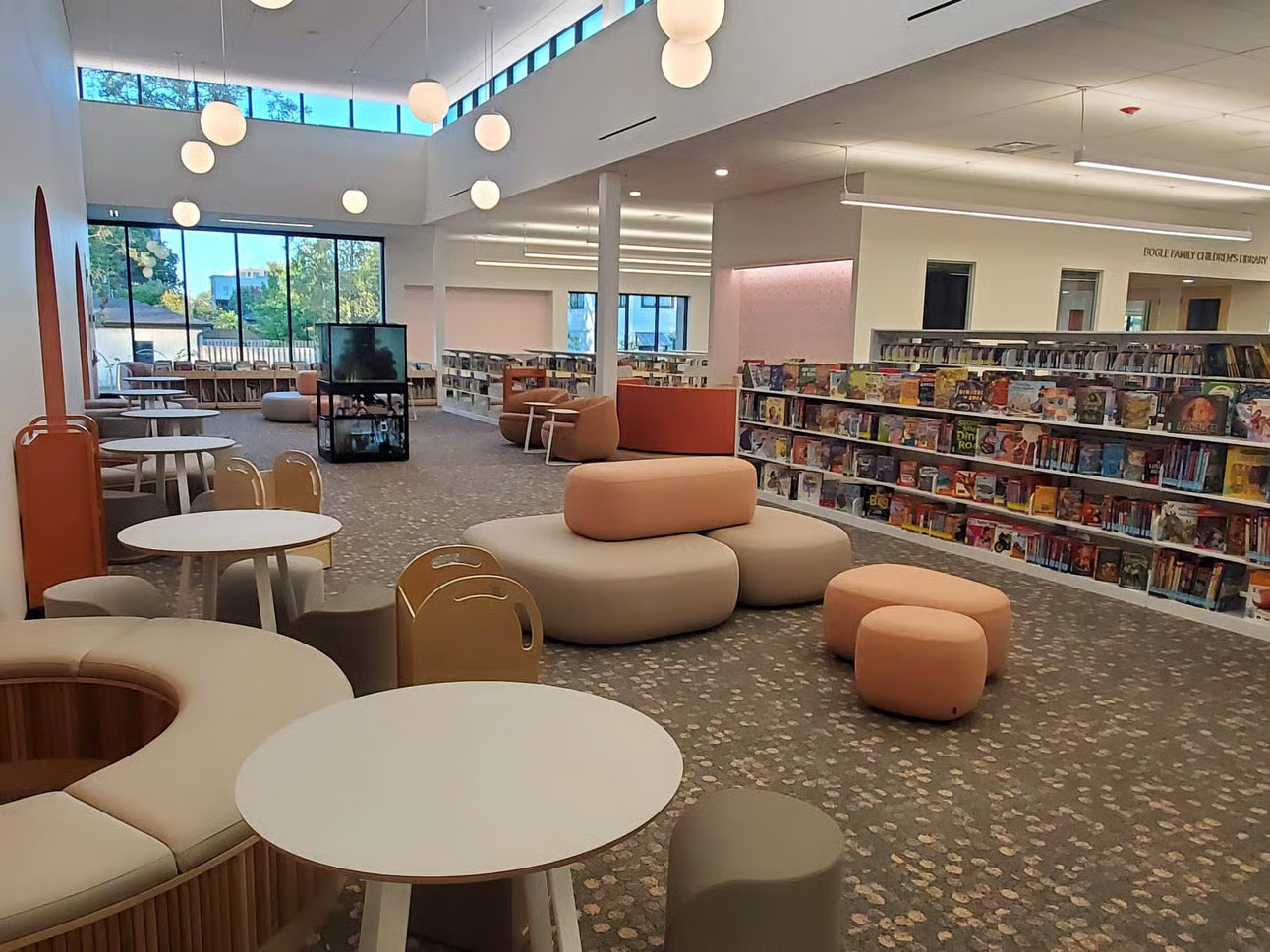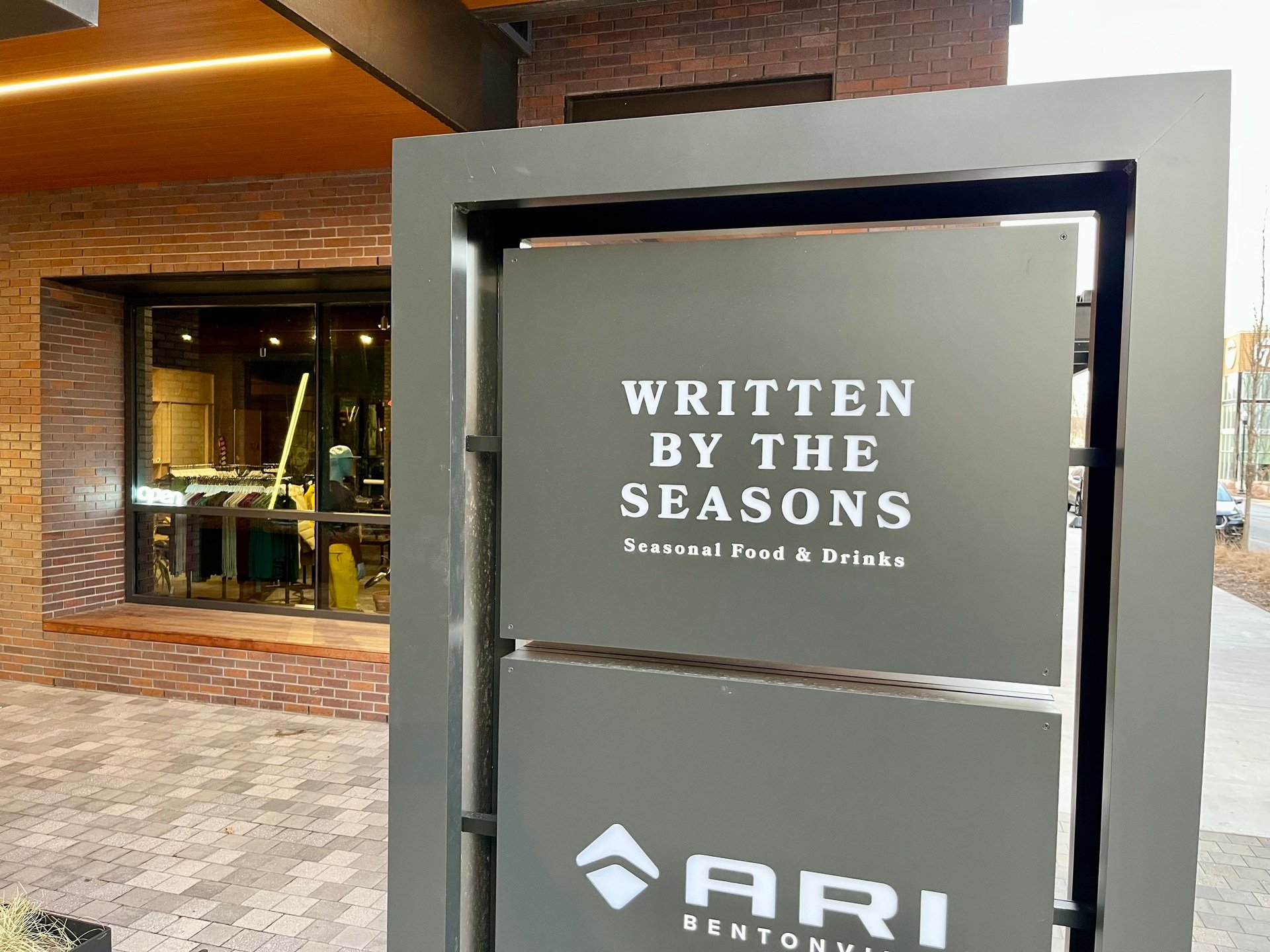
A popular local Facebook page with thousands of followers has repeatedly shared inaccurate or fabricated community updates, including information about projects that never happened and events that do not appear to have occurred.
The “Bentonville Area Events & News” page has about 7,600 followers and publishes short news updates, typically without linking to external sources of information.
While some of the information shared is accurate, multiple posts include factual errors or details that could not be independently verified.
According to Pew Research Center, 38% of U.S. adults say they regularly get news on Facebook. The platform does not require verification to create a page, and posting false information generally does not violate its rules unless it risks physical harm or interferes with elections.
Recent Examples
The following examples are from posts made by the page in September:
In early September, the page announced a new exhibit at Crystal Bridges called "Discover the Ozarks” described as “celebrating the breathtaking beauty and rich history of our local region.” This exhibit does not exist, according to a museum spokesperson.
In late September, the page announced that Crystal Bridges’ “Nature's Wonders exhibit” had “just launched.” The page also posted in July that Bentonville was “buzzing with excitement” as the museum opened a new exhibit with the same name. Again, a museum spokesperson confirmed no such exhibit existed.
“In Bella Vista, the local animal shelter hosted a successful adoption fair, finding forever homes for dozens of furry friends,” the page posted on Sept. 29. Bentonville Animal Services, Best Friends NWA, and the Bella Vista Animal Shelter all said they had hosted no such event in September. A review of multiple community calendars also shows no such event.
Another post from Sept. 22 claimed that Bentonville Schools was celebrating the launch of an “innovative solar panel project” that would “not only save energy but also inspire students to think creatively about sustainability.” School district representatives confirmed that there are no recent solar panel projects involving the district.
Who Runs the Page?
The Facebook page lists mybentonville.net as its website, but navigating to the site returns an error message. Previous versions of the website, accessed via the website-archiving tool the Wayback Machine, show headings for local dining and shopping options.
Additional web searches led to the proprietor of a locally based company that sets up artificial intelligence (AI) automations for businesses. He confirmed via phone that he runs the page and that he recently took down the mybentonville.net website.
He did not answer a question about whether AI was used to create the posts. When asked about incorrect information being shared on the page — citing the update about the school solar panel project as a specific example — he said he hadn’t published anything like that.
“We haven’t published anything about a solar panel [that] I’m aware of,” he said.
Shortly after that, he ended the call, saying he had to get back to work.

A screenshot of a post that previously appeared on the page.
Later that day, a check of the Facebook page showed the post mentioning the school solar panel project had been removed. A follow-up call was not returned.
Verifying News Sources
The nonprofit, nonpartisan News Literacy Project offers the following tips for verifying the legitimacy of an online news source:
1. Do a quick search
Conducting a simple search for information about a news source is a key first step in evaluating its credibility. It’s important to look beyond social media. Go to a search engine and plug in the name of the website or publication.
2. Look for standards
Reputable news organizations aspire to ethical guidelines and standards, including fairness, accuracy and independence. These standards should be available publicly — often in the form of editorial policies or a code of ethics.
3. Check for transparency
Quality news sources should be transparent, not only about their reporting practices (see Step 2), but also about their ownership and funding. Is it clear who owns and runs this website or publication? Is advertising labeled responsibly? Can you tell who is writing and producing content? Is there a way to contact newsroom editors and reporters?
4. Examine how errors are handled
Credible news sources are accountable for mistakes and correct them. Do you see evidence that this source corrects or clarifies errors?
5. Assess news coverage
An important step in vetting sources is taking time to read and assess several news articles: Do you see original reporting? Do they provide straight news reports, or just commentary and opinion? Are there grammatical and/or spelling errors? How do news articles from this source compare to coverage from other standards-based newsrooms on this same topic?
The Bentonville Bulletin’s about page contains details about core values, funding and ownership, and how mistakes are corrected.






